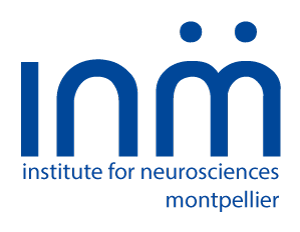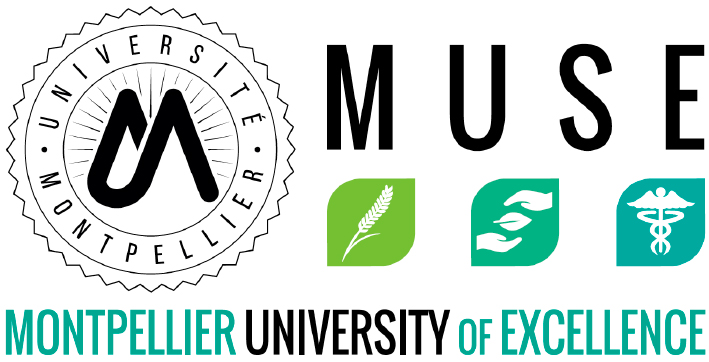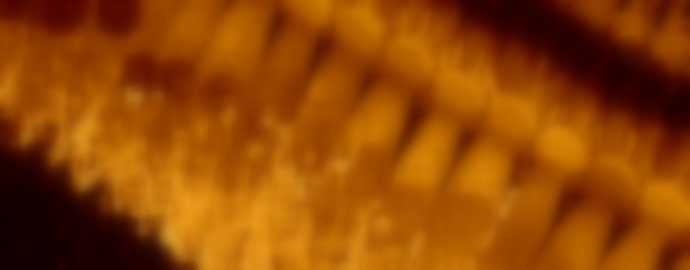INM Committees and Grant Office
As a way to address important and common issues linked to our research and the functioning of the institute, we created different committees.
The objective of this working group is to optimize communication both within the INM and between the INM and the outside world: scientific public, general public, patient associations, etc.
The members coordinate and manage :
- the organization of the Institute's internal and external seminars
- the content and updating of the information on the lobby screens
- the content and updating of the Institute's website
- the content and updating of the Institute's social network accounts
They are also reference persons to help with communication with patient associations and the organization of events for the general public.
Contact
The objectives of the committee are as follows:
- To ensure that the generation of new knowledge at the INM meets the highest standards of scientific integrity and ethics.
- Promote work policies that combat discrimination (gender, minorities, etc.), personal misconduct, and harassment, while providing the necessary support to staff in case of problems.
These objectives will be achieved through seminars dedicated to these themes, mandatory training, and the dissemination of reference documents. The committee members belonging to the different categories of personnel (tenure researchers, engineers, technicians, post-doctoral researchers, students) act as reference persons to provide listening and support as well as to transmit serious issues to the management of the INM and to supervising institutional bodies.
Contact
Ethics and Scientific Integrity Committee
The INM is committed to the development of eco-responsible research. The "Green INM" working group aims to initiate a reflection on the application of sustainable development principles in the laboratory. Several themes have been identified for green actions to be carried out at the INM:
Water / Energy
Decrease our consumption in general:
- Turn off standby devices at the end of the day
- Equip common rooms with motion detectors
- Fight against digital pollution by choosing an eco-responsible search engine such as Lilo, Ecosia or Ecogine
- Sorting out our emails regularly... and using external download systems for large files
- Replacement of lighting with LED bulbs
- INSERM is working to improve the thermal insulation, heating and air conditioning systems in the laboratory
Plastic/Glass
Reducing our plastic consumption
- Replacing single-use plastic cups with a reusable cup
- Recycling of cone boxes
- Provision of clogs in the L2 and functional exploration areas
Transportation
- Develop carpooling tools at the institute
- Installation of a bike room
- Installation of charging points for electric vehicles
Waste management
- 100% recycling of paper, cardboard, ink cartridges and batteries
Daily life
- Greening of the cafeteria terrace with recycled materials
- Installation of shade sails
- Use of eco-responsible products for cleaning and other products
Eventually, the INM's ambition will be to create a "green charter" to change our daily habits and propose alternatives to limit our ecological impact. Concrete actions will be taken to considerably reduce our carbon footprint.
Contact
The prevention of occupational hazards through the Health and Safety (H&S) management is a priority. Animated by our H&S officer the committee is in charge of reviewing, editing and diffusing relevant H&S procedures to all INM staff. Incidentally the Committee is implementing a Quality Management System (QMS) which help ensure tracability, integrity and protection of intellectual property (IP). The QMS will help report suggestions of improvement or signal non-conformities or problems.
Contact
Quality, Health & Safety committee
The objective of the Grant Office is to support research teams in seeking funding and responding to national, European and international calls for tenders.
Its main mission are:
- Carry out a strategic watch on the different types of calls for proposals related to research activities in neuroscience, at the national (ANR, FRM, patient associations ...) and international (Horizon Europe, NIH ...) levels
- Create and develop a database of funding agencies, open to all researchers from the Institute of Neurosciences of Montpellier
- Ensure targeted dissemination of funding sources to scientists according to their research themes
- Assist the researchers in the preparation of the administrative and financial files before submission (establishment of the budget, checking the eligibility of expenditure, compliance with regulations) in coordination with the concerned departments
- Create a database of submitted and selected projects
Participate in the administrative and financial follow-up of projects, in connection with institutional partners, internal administrative services and supervisory bodies, scientific managers, partners and funders.
Contact













